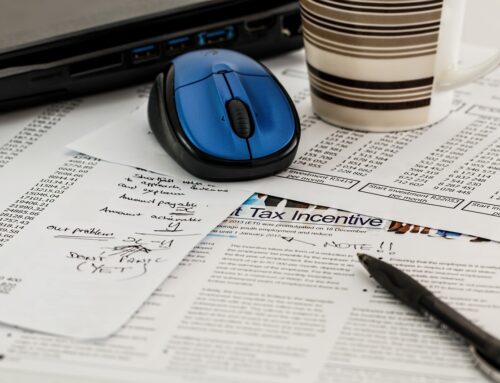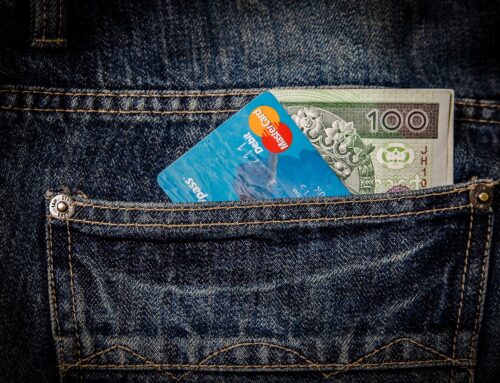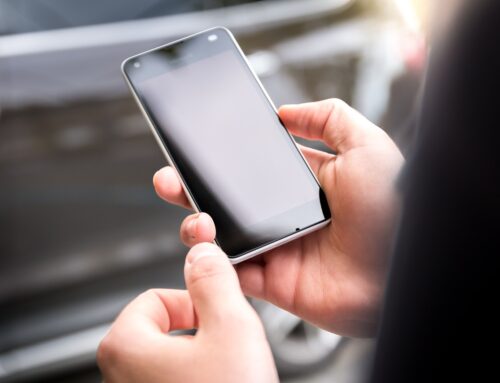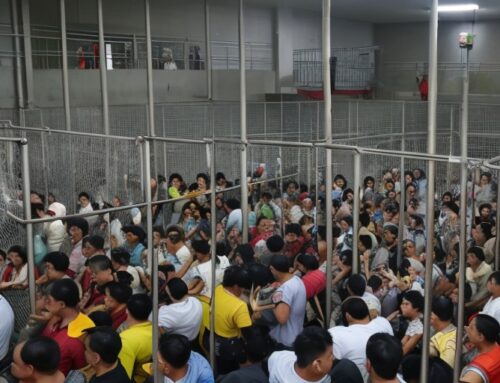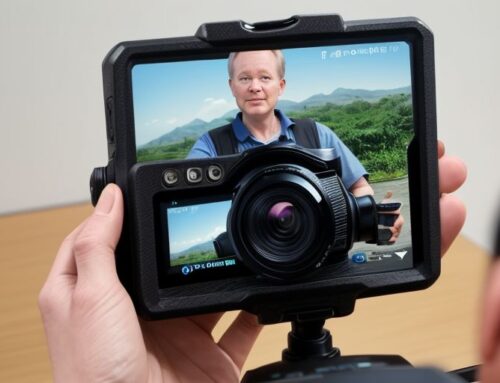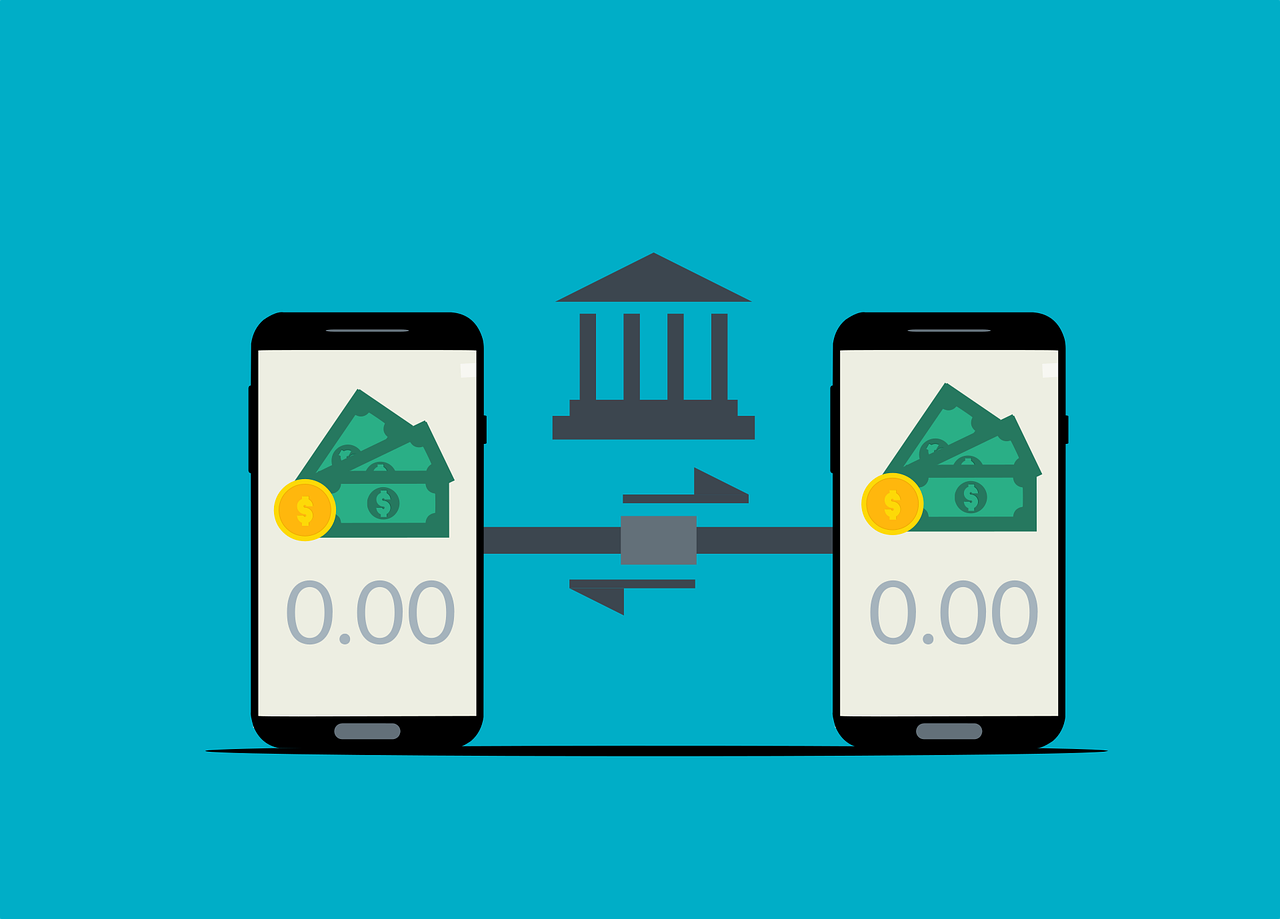
GCash in the Philippines: A Guide for Expats
Embarking on an expat adventure in the Philippines? You may have heard about GCash, the ubiquitous mobile wallet that’s transforming how Filipinos manage their finances. But as an expat, you might wonder – is GCash accessible to you too?
This guide dives into everything you need to know about using GCash in the Philippines as an expat. We’ll explore the registration process, potential limitations, and alternative solutions to ensure you have a smooth financial experience during your stay.
GCash 101 for Expats in the Philippines
If you’ve been in the Philippines for a while, chances are you’ve come across GCash. It’s a popular mobile wallet app used by locals to manage finances easily. But did you know expats can also benefit from this handy tool? Here’s everything you need to know about GCash and how it can make your life in the Philippines more convenient.
Essential Features of GCash
GCash works just like a digital wallet, allowing you to store, transfer, and spend money directly from your smartphone. Here are some of its essential features:
-
Store Money: You can deposit cash into your GCash account through partner outlets like convenience stores and pawnshops or by linking it to your bank account (once verified).
-
Send Money: Easily send money to other GCash users, even if they aren’t verified. This is great for transfers to friends or family.
-
Pay Bills: You can pay utility bills, mobile phone top-ups, and even government fees—straight from the app.
-
Shop Online: Use GCash to pay for online purchases from merchants that accept it. No need for cash or credit cards when shopping.
Think of GCash as your digital wallet that simplifies many everyday financial tasks. But be aware that your ability to use all its features depends on your verification status.
Navigating GCash as an Expat
For expats, GCash is a great tool, but there are some challenges to keep in mind. Here’s what you need to know about getting started and overcoming any obstacles.
Challenges of Registration
One of the first challenges you’ll encounter as an expat is the requirement for a Philippine mobile number to register for GCash. If you haven’t secured a local SIM card yet, it can be a roadblock.
Here are some ways to get around it:
-
Airport Purchase: Many airports in the Philippines sell SIM cards for local networks like Globe and Smart. You can buy one on arrival and get started with your GCash registration right away.
-
Friend’s Assistance: If you’re visiting a friend or have someone helping you settle in, they can assist you in getting a local SIM card.
-
Authorized Retailers: Look for authorized stores selling SIM cards from Globe or Smart. These retailers will also help you with registration.
While these methods will get you started, registering with a temporary number means your GCash account will be unverified, which limits the functionality of your account. Let’s explore the difference between basic and fully verified accounts.
GCash in the Philippines: A Tale of Two Users (Basic vs. Fully Verified)
The features available to you in GCash will depend on whether you’re a basic or fully verified user. Here’s a breakdown of what each status offers:
Basic User (Limited Functionality)
If you’ve registered with a temporary number, your GCash account will be a basic user. This gives you access to some features, but with a few restrictions.
What You Can Do:
-
Receive Money: You can receive funds from other GCash users, no matter their verification status. This is ideal for family and friends who want to send you money.
-
Pay Bills: You can still pay certain bills, though the selection is limited compared to a verified account.
-
Pay via QR: You can scan QR codes at partner merchants to make payments, but the number of participating vendors may be fewer.
Restrictions for Basic Users:
-
No Bank Transfers: You can’t send money directly to Philippine bank accounts.
-
Lower Transaction Limits: Expect smaller transaction limits for sending and receiving money.
-
Limited Investment Options: Some investment features may not be available for basic users.
Fully Verified User (Unleashing the Full Potential)
Once you complete the verification process, you’ll unlock all the benefits GCash has to offer as a fully verified user.
Expanded Features:
-
Bank Transfers: Send money directly to Philippine bank accounts with ease.
-
Higher Transaction Limits: As a fully verified user, you’ll have access to higher transaction limits for sending and receiving money.
-
More Bill Payment Options: A wider variety of bill payment options are available to verified users.
-
Online Transactions: Enjoy hassle-free online shopping and payments for a wide range of services.
-
GCash Mastercard (Optional): You can apply for a GCash Mastercard, allowing you to make payments in physical stores and online, just like a regular debit card.
Enhanced Security and Benefits:
-
Extra Security: Full verification adds an extra layer of security to your account, making it safer to manage your money.
-
Exclusive Promos and Rewards: Verified users often get access to exclusive deals, offers, and rewards, giving you more value for using GCash.
The Takeaway for Expats:
While GCash offers a ton of conveniences, it’s important to know that full verification unlocks its full potential. As an expat, understanding the registration process and verification requirements is key to determining if GCash will be a useful tool during your time in the Philippines.
Challenges of Full Verification for Expats
While a fully verified GCash account provides access to a wealth of features, expats may encounter certain challenges during the verification process, especially due to the Alien Certificate of Registration (ACR) card requirement. Here’s a closer look at why this may be an obstacle:
The ACR Card Requirement
To complete the full verification process, GCash requires an ACR card, which serves as proof of residency for foreign nationals. The ACR card is typically issued to individuals who have secured a long-term visa in the Philippines.
Why This Can Be a Challenge:
-
Short-Term Stays: Expats with tourist visas or those on short-term visits may not qualify for an ACR card, limiting their ability to verify their GCash account.
-
Processing Time: Acquiring an ACR card can take several weeks or even months, which can be an issue for expats who need quick access to full GCash functionality.
Important Note:
If you don’t have the ACR card, you won’t be able to access the full range of features. However, you can still use GCash’s basic functions like receiving money and making smaller payments.
Visa Types Potentially Allowing Full GCash Verification in the Philippines
For expats who have a long-term visa and can obtain an ACR card, here are the types of visas that generally allow for full GCash verification:
Long-Term Visas with Confirmed Residency
-
Special Resident Retiree’s Visa (SRRV): Popular among retirees who wish to stay long-term in the Philippines.
-
Investor’s Visa: For expats who have invested a certain amount in a Philippine business.
-
Employment Visa: Granted to individuals working for a Philippine company.
-
Married to a Filipino Citizen Visa: For foreign nationals married to Filipino citizens.
These visa types typically allow expats to obtain the ACR card, which is crucial for full GCash verification. However, keep in mind that requirements and processing times can vary, so always check with Philippine immigration for up-to-date information.
Alternative Solutions for Short-Term Expats
If you’re on a short-term visa or haven’t secured an ACR card, there are still ways to manage your finances in the Philippines. While full GCash functionality may be out of reach, you can still use basic GCash features like receiving money and making small payments. However, there are other options available that can help you manage your finances effectively.
Alternative Financial Solutions for Expats
Even if full GCash verification is not available, there are other ways to handle your finances in the Philippines:
Traditional Tools: Cash and Credit/Debit Cards
-
Cash: Cash is still widely used in the Philippines, especially in rural areas or for small transactions. Carrying some Philippine Pesos (PHP) for street vendors, jeepney rides, and smaller purchases is a good idea.
-
Credit/Debit Cards: Major credit and debit cards (Visa, Mastercard) are widely accepted in cities and towns, making them a convenient choice for larger transactions. Consider getting a debit card that reimburses ATM fees to save on extra charges when withdrawing cash.
International Money Transfer Services
If you need to receive money from abroad, services like Wise (formerly TransferWise) and Xoom are excellent options. These services provide competitive exchange rates and low transfer fees, making them ideal for expats looking to send or receive money.
Banks with Features for Expats
Several Philippine banks offer services tailored to expats:
-
English Language Support: Many banks provide support in English, so you can easily navigate their services.
-
Online Banking and Mobile Apps: Manage your finances from anywhere with online banking and mobile app access.
-
International Money Transfers: Send and receive international transfers seamlessly.
-
Debit Cards: Many banks offer debit cards, which are useful for making payments and withdrawing cash from ATMs. Look for a bank that offers ATM fee reimbursements to avoid extra charges.
Credit Cards with No Foreign Transaction Fees
For hassle-free payments without additional charges, consider applying for a credit card that doesn’t charge foreign transaction fees. Many cards offer benefits like travel rewards and help you avoid extra fees when making purchases in the Philippines.
Remember:
Always compare fees and exchange rates before choosing a money transfer service or bank. Additionally, research credit card options that offer travel benefits and no foreign transaction fees to get the most out of your spending while in the Philippines.
By exploring these alternative financial solutions, you can find ways to manage your finances effectively during your expat adventure in the Philippines.

